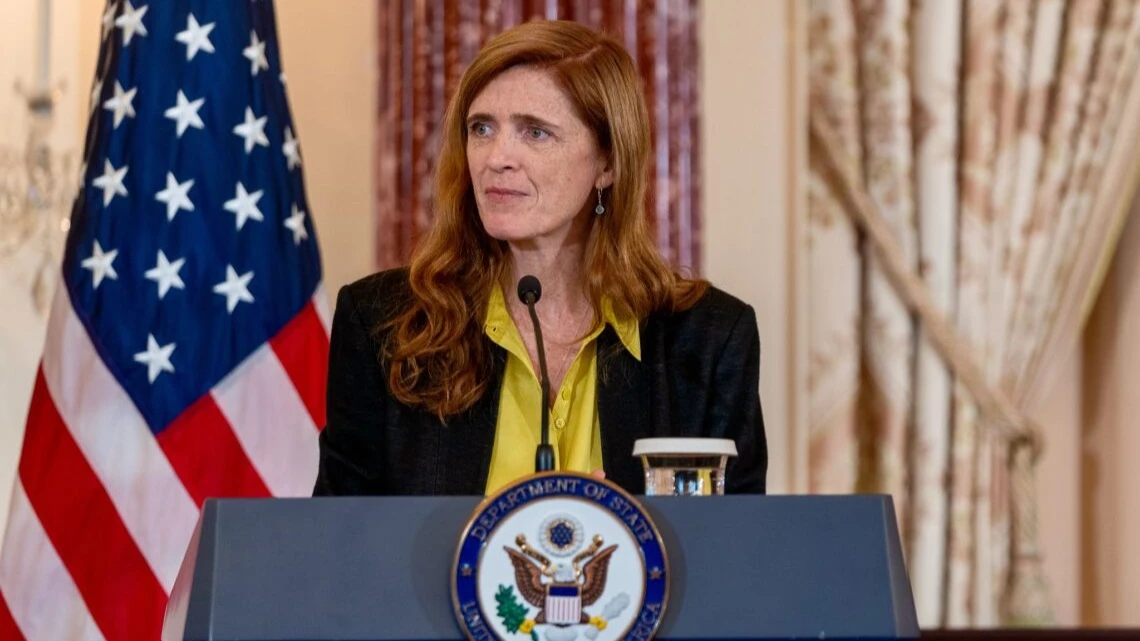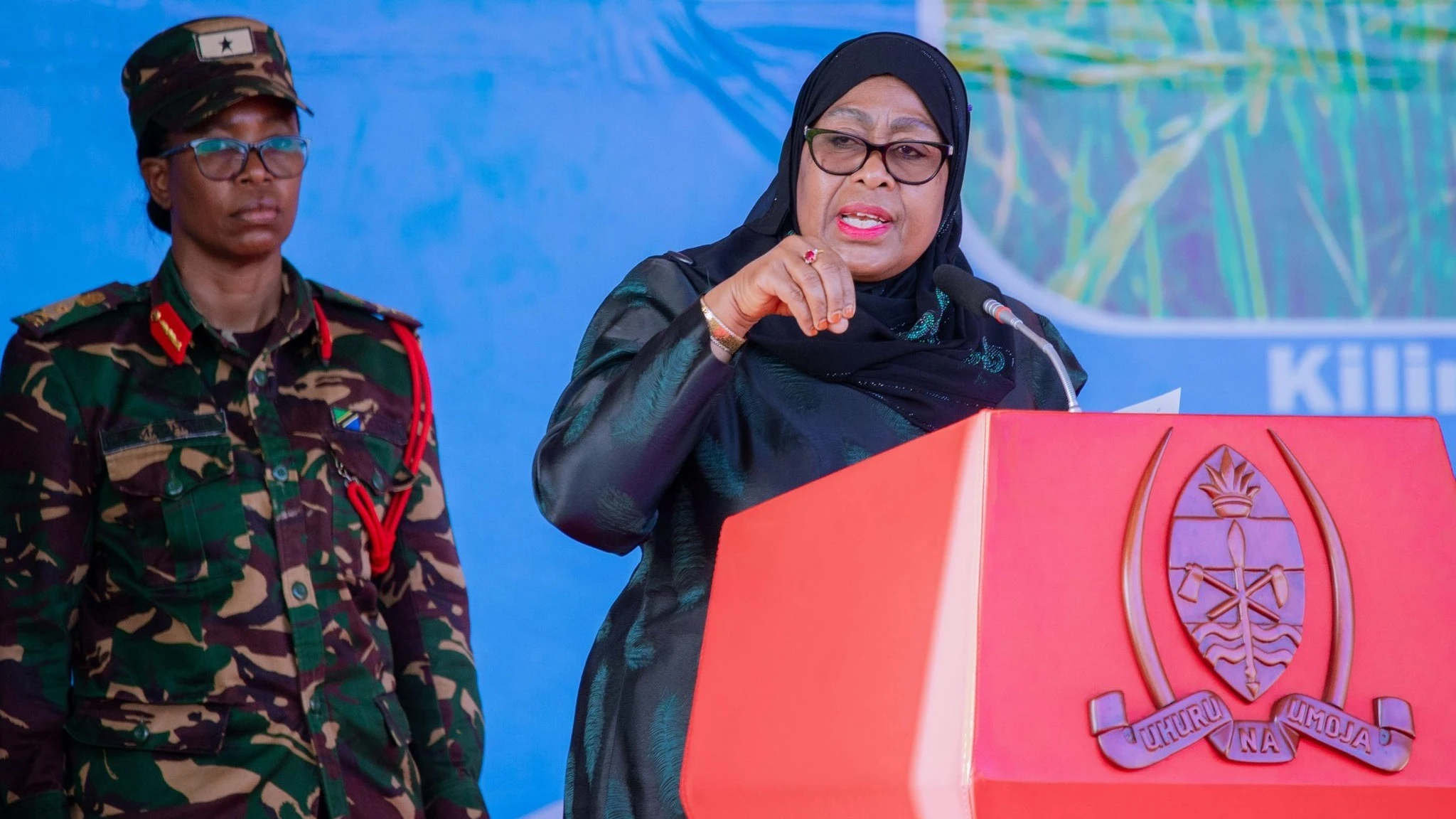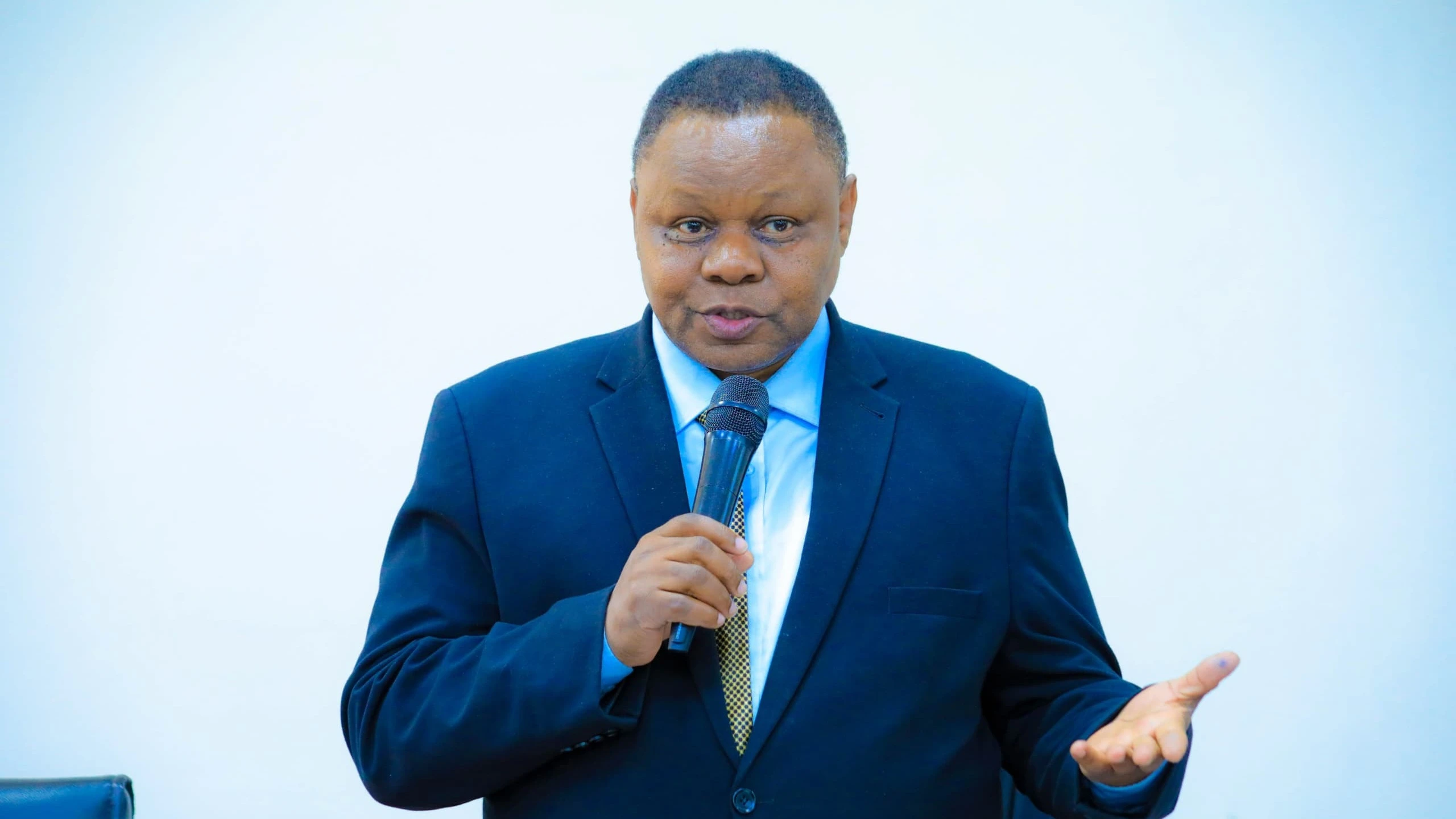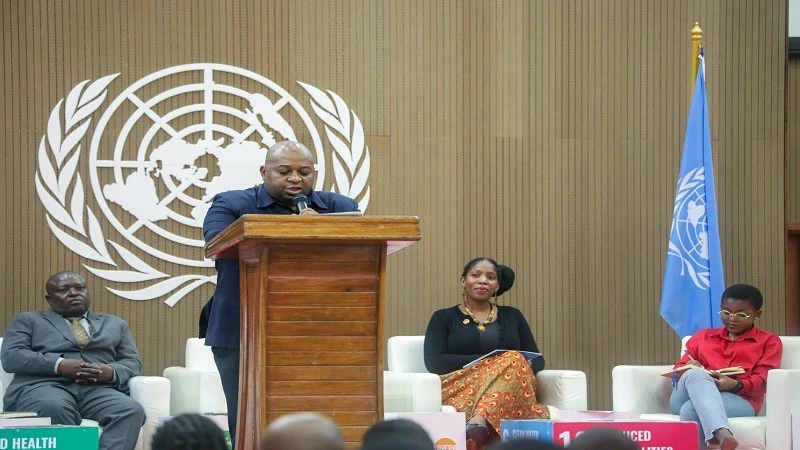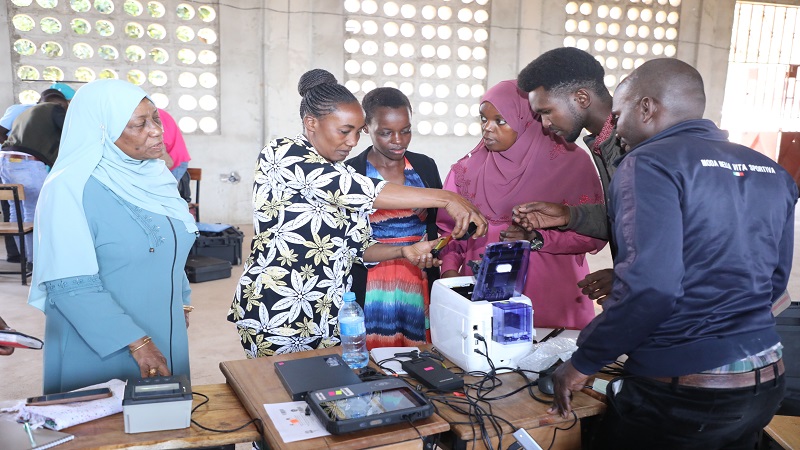Govt for aligning family planning with reproductive, maternal plan
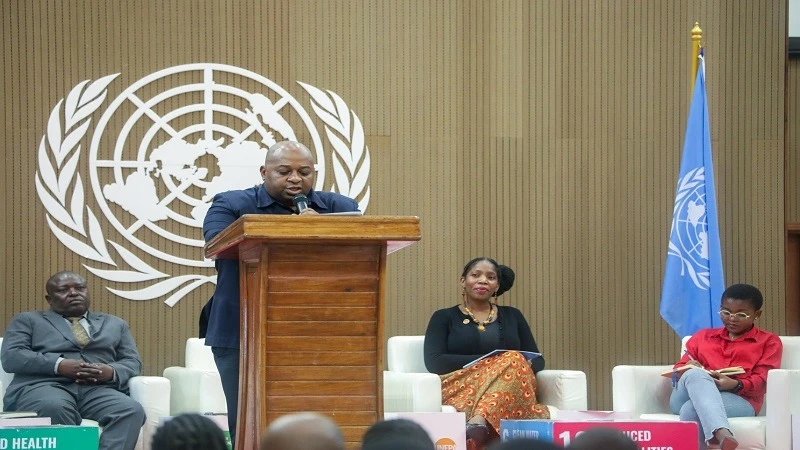
THE government has recognised the need to reinvigorate family planning by ensuring that it is fully integrated into reproductive, maternal and child health services as reflected in One Plan III of the year (2021-2022 and 2025-2026).
Dar es Salaam Regional Medical Officer Dr Mohammed Mang'una reaffirmed the commitment in Dar es Salaam yesterday during the World Contraception Day (WCD) commemoration dubbed ‘A choice for all, freedom to plan, power to choose.’
He said 21 percent of women of reproductive age have unmet need for the family planning while total fertility rate stands at 4.8 children per woman, a scenario that underscores the government's efforts in empowering women and girls in making informed decisions in the use of contraceptives.
“Despite the challenges, the government is committed to ensure women and girls have access to quality family planning services through different channels to achieve their fertility intentions as reflected in One Plan III of the year (2021-2022 and 2025-2026)” he said.
He added: “I urge partners and donors to continue supporting the government in sustaining family planning interventions to save women and girls lives and improving their health outcome that will result in greater socio-economic transformation.”
Citing the Tanzania Demographic and Health Survey and Malaria Indicator Survey (2022 TDHS-MIS), he said Tanzania has made good progress in family planning over the past three decades with 31 percent of married women of reproductive age are currently using modern methods of contraception which is one percent decline from 2015-2016.
Dr Katanta Lazarus, Management and Development for Health (MDH) Adolescents Sexual and Reproductive Health (ASRH) and Safeguarding manager, underscored the need to initiate friendly family planning methods so as to increase their engagement in the process.
“Statistics show men’s limited involvement due to perceived side effects of female contraceptive methods that disrupt sexual activity, and perceptions that reproductive health was a female concern. Its high time family planning stakeholders think of raising awareness to men who are seen to rarely take part in the process,” said Lazarus.He further said that MDH which is funded by the U.S. President’s Emergency Fund for AIDS Relief (PEPFAR) through the U.S. Centers for Disease Control and Prevention (U.S. CDC) ensures that those enrolled in HIV care and Treatment services are also aware and taking part into the process.
Melissa Barrett, United Nations Population Fund (UNFPA) deputy Representative in Tanzania, said the WCD comes at the right time when the world is also commemorating the 1994 International Conference on Population and Development (ICPD) marked a shift in how population issues were addressed by the United Nations system.
“As we celebrate the World Contraception Day, the 1994 ICPD reaffirms that the path to sustainable development is through the equitable achievement of dignity and human rights, good health, security of place and mobility and achievements secured through good governance and accountability.
She added: “The celebration also gives UNFPA an opportunity to ensure availability of reproductive health supplies, including voluntary family planning and life-saving maternal health medicines, and bolster logistics systems to ensure reproductive health commodities are available to the people of Tanzania wherever they live.”
Top Headlines
© 2024 IPPMEDIA.COM. ALL RIGHTS RESERVED








